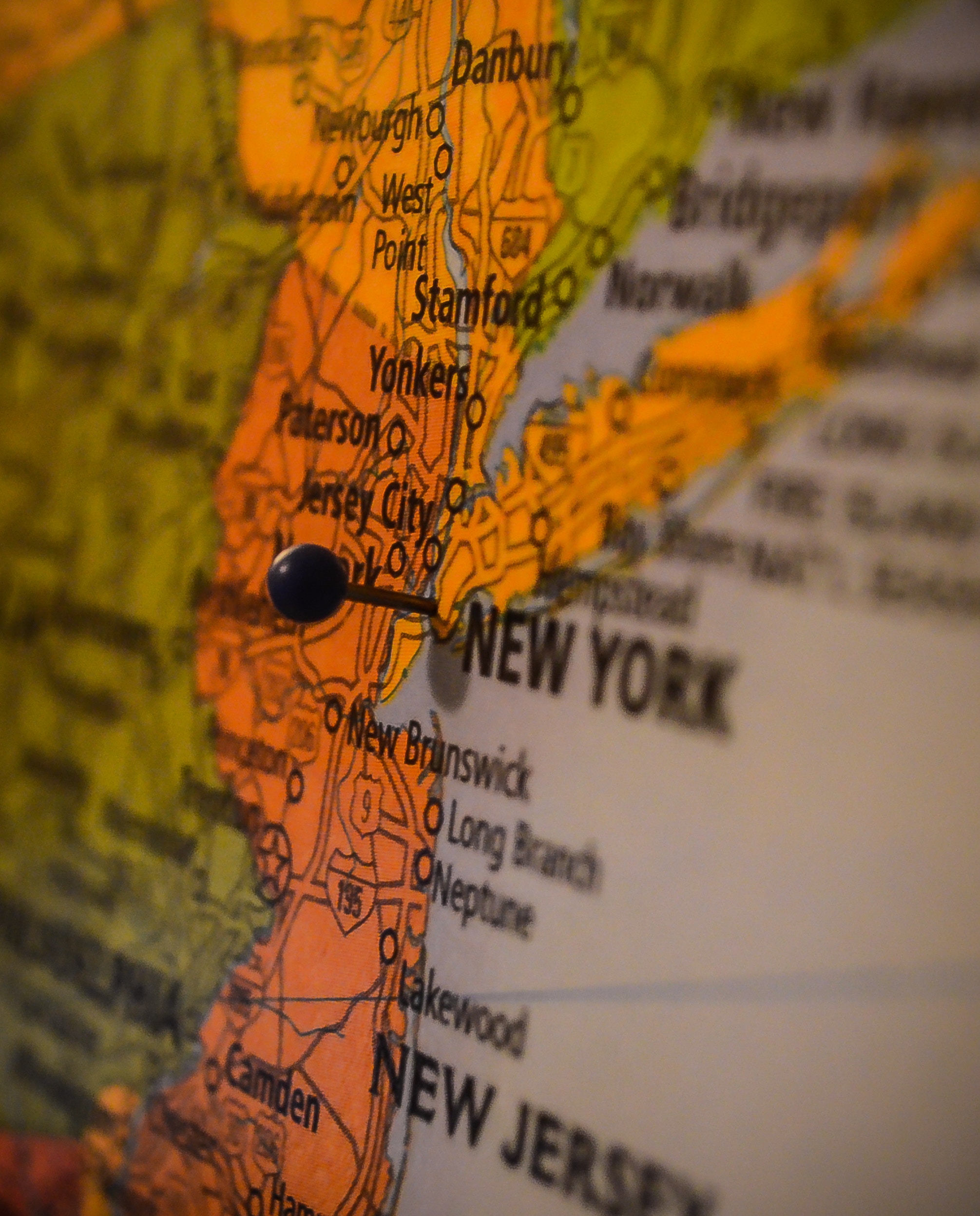Are You Aware of the License Requirements Needed in the Cannabis Industry?
Looking to other countries, such as Canada, Australia, New Zealand, Norway and more – medical marijuana consumption has become legal. A quick Google search will bring you to a colorful chart of each country – and where they are at regarding the legalization of marijuana for recreational and medical purposes.
According to SevenFifty 1
, we can comfortably say that the United States may be following suit, as recreational use is legal in 10 states, 1 U.S. territory, and the District of Colombia, and legal for medical use in 33 states, 4 U.S. territories, and the District of Colombia. Both medical and recreational use, however, are illegal at the federal level. Where there’s legality, there is also opportunity.
If you are interested in starting a cannabis business, be weary of the license requirements and permits, collected by FindLaw 2
, on a state-by-state basis. We broke down key regulations for states in our area to help you better understand what to expect.
The Tri-State Area
For those considering opening up a cannabis business in the Tri-State area, there are discrepancies in licenses and permits if you are a retail marketer of marijuana, or if you are looking to run a dispensary. As with other states, there are limits and restrictions to how many dispensaries are allowed, as well at the actual size of the business location.
New York
The Medical Marijuana Program is governed by the New York Department of Health. You must be a registered organization, in which you are allowed up to four dispensaries. The manufacturing of medical marijuana is limited to indoor, enclosed, and secure locations within New York State. The Commissioner of Heath must approve the products in regulation, in addition to the routes of administration. The Department is not accepting any applications to register organizations at this time.
New Jersey
The Medical Marijuana Program is overseen by the New Jersey Department of Health. Alternative Treatment Centers (ATCs) are what the state considers licensed businesses in the production and distribution of medical marijuana. An ATC permit allows you to grow and dispense medical marijuana after two screening tests and a background check of all parties involved – including regular maintenance of your practices. At this time, there are six ATCs in the state and they are not issuing any more licenses.
Connecticut
The Connecticut Department of Consumer Protection supervises the Medical Marijuana Program. Producers and dispensary facilities of medical marijuana are licensed through an application process on an intermittent basis. On average, approximately 3-10 applications are granted licenses for both producers and dispensers. At the present time, there are nine licensed dispensaries in the state.
Pennsylvania
The Marijuana Business License is available for Cannabidiol (CBD) and medical programs. The Pennsylvania Marijuana Business Plan Package follows numerous templates for the business and operation aspects – all of which need customization to the various regions, for the bargain price of $8,259. In the state, there is a limit of 50 dispensaries with stipulations that include proof of funds, annual renewal fees, and a non-refundable application fee of $10,000. Applications are not being accepted at this present time.
As you can see, the license requirements and permit potential vary across states. Because we are still in an illegal zone at the federal level, there are some potential risks associated with producing and dispensing. Make sure you weigh your risks and prepare for the respective regulations of your state, including high application fees and management requirements that you must follow to become licensed.
If you are in the business of medical or recreational marijuana, the team at Herban Creative can help you establish your brand. Contact us today to see how we can guide your business to its full potential.



